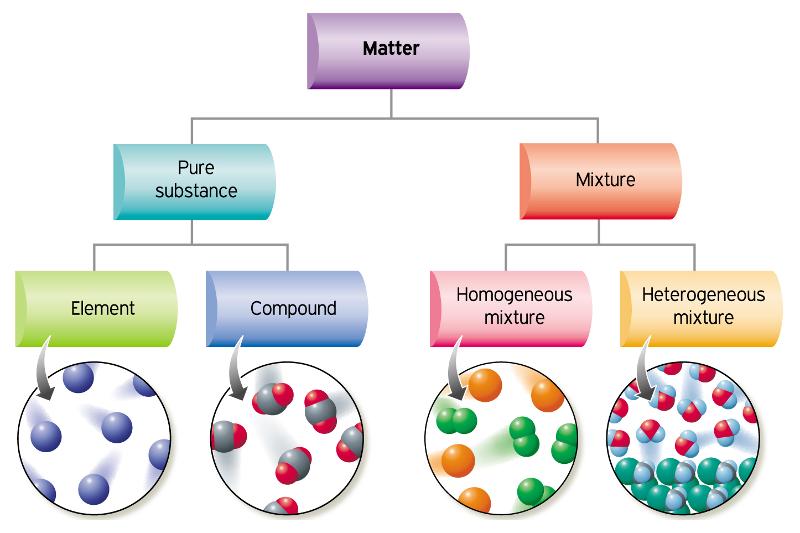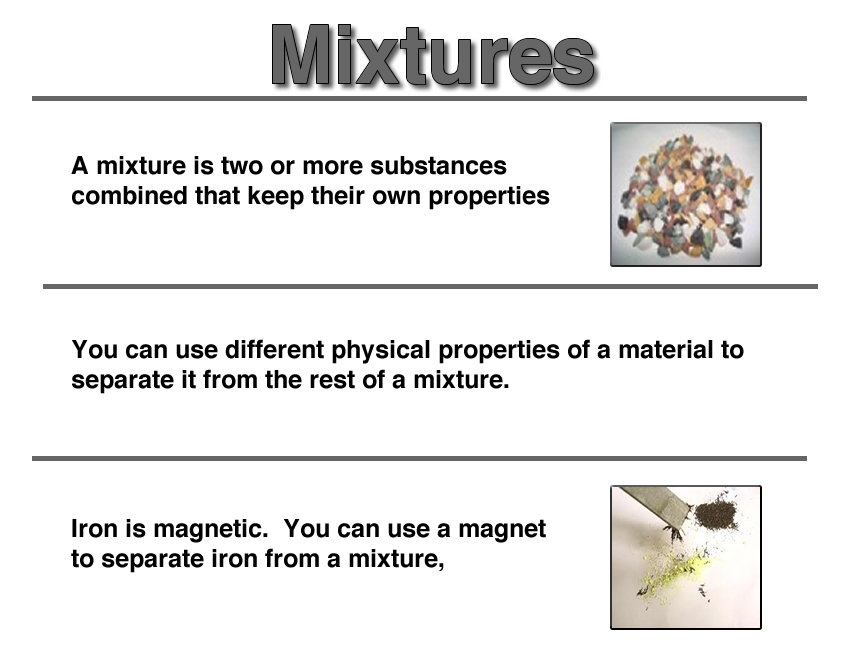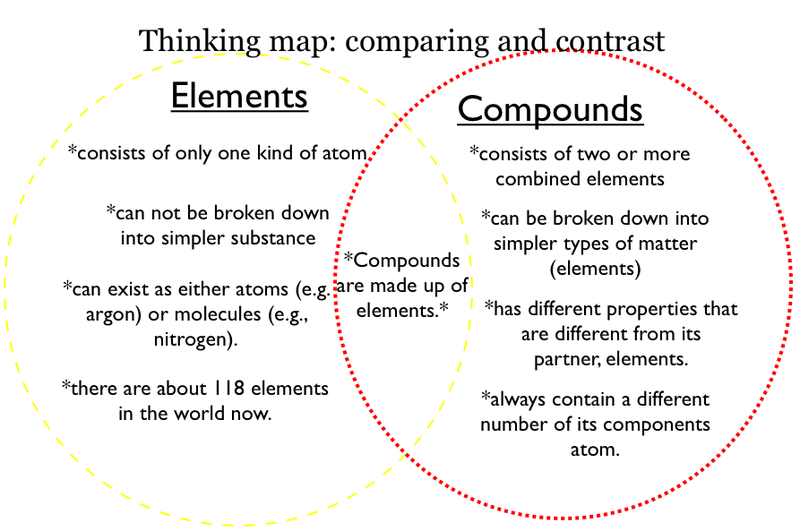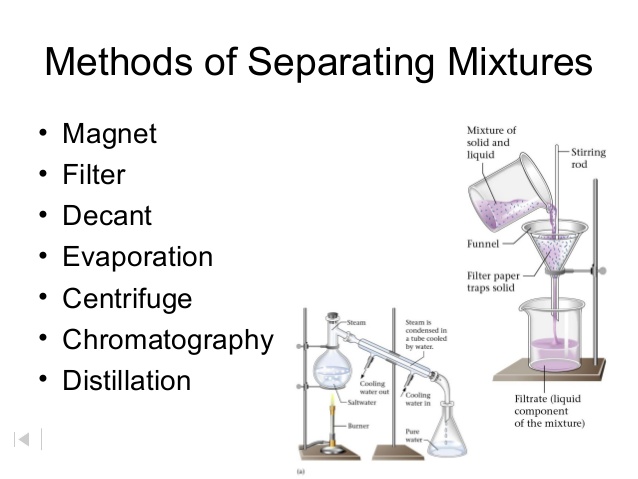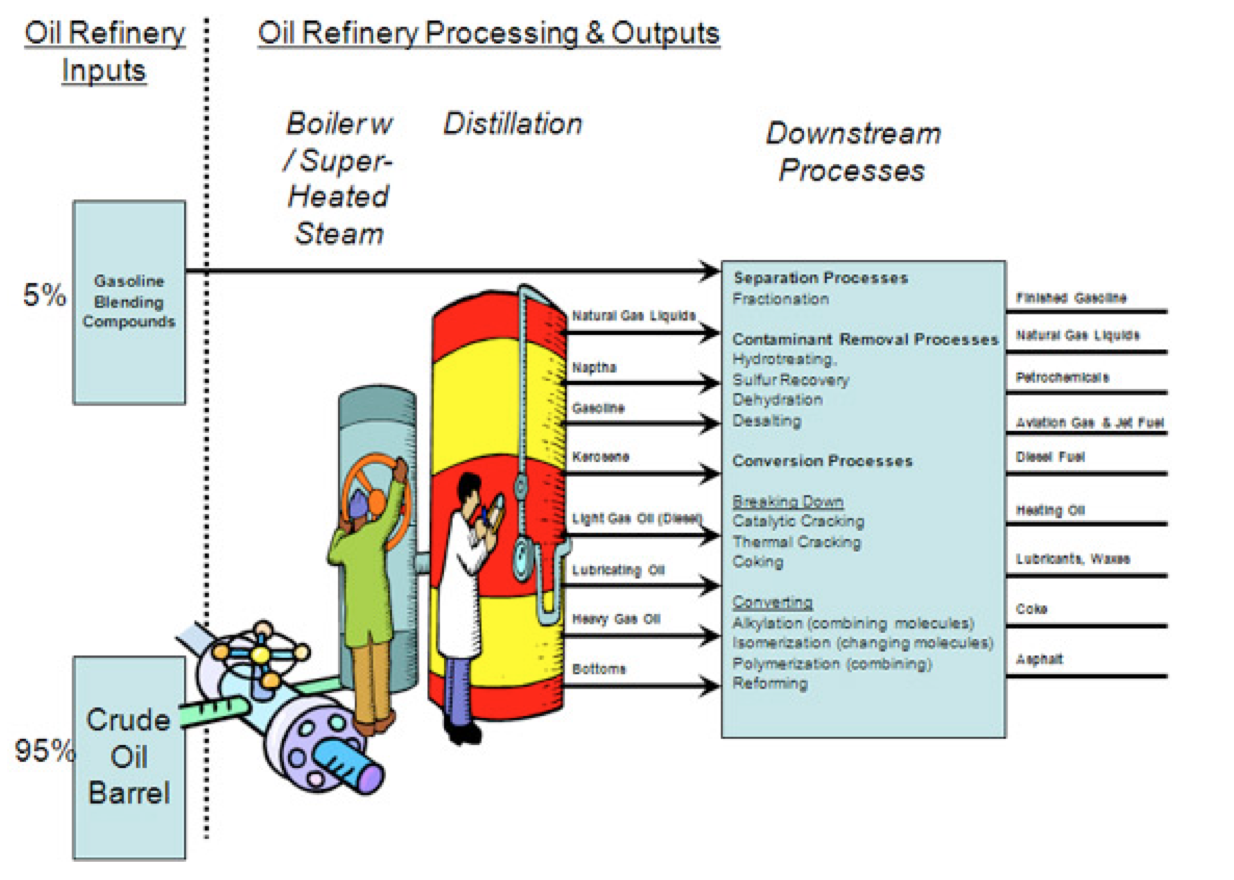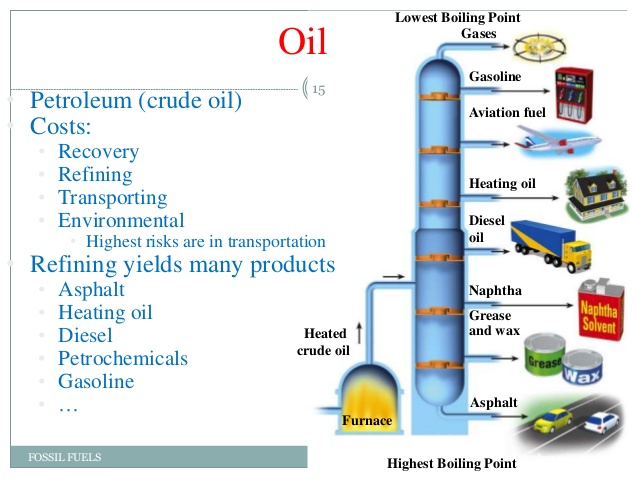LESSON 1
ASPECT: Structure
TOPIC: Parts of Speech-Nouns
SUB-TOPIC: Functions of Nouns in a given passage.
Nouns are names of persons, places, animals, and ideas . The word noun is derived from the Latin word “nomen” meaning name. Examples are John, Abuja, tiger, chair, honesty, courage, happiness etc.
Position of Noun
Nouns can take either subject or object position. Subject is the performer of the action in a sentence while object is the receiver of the action in a sentence.
i.
Shade is my friend.
ii.
The pencil belongs to me.
In the sentences above”
Shade” and “
pencil” take the subject position.
i. The hunter killed a
snake.
ii. I took the
book
In the above sentences,” snake” and” book” take the object position.
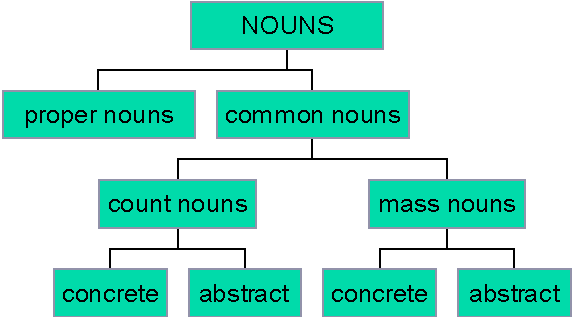
Classes of Nouns: Nouns in English can be classified into the following:
1. Proper Nouns: These refer to the names of particular persons, animals, places or things.
Persons: Sola, Ngozi, Bala, Asuquo etc
Animals: Bingo, Jack, Lucky( names of dogs) etc
Places: London, Lagos, Port Harcourt, Abuja, Calabar, Enugu,
Days/months: Monday, Tuesday, December, July etc
Organizations: Oceanic Bank, Pen-Write Academy, Assemblies of God
Subjects: Mathematics, Christian Religious Studies
Natural features: River Niger , Mount Everest, Lake Chad.
NOTE: Proper nouns always begin with capital letters.
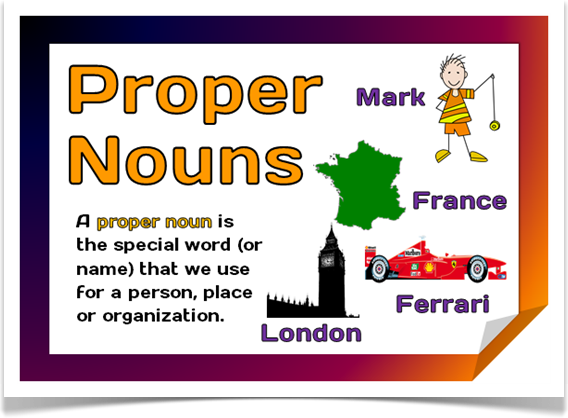 2. Common Nouns:
2. Common Nouns: These are general names for persons, animals, places and things that share the same characteristics. Examples include: boy, dog, village, ruler, and city.
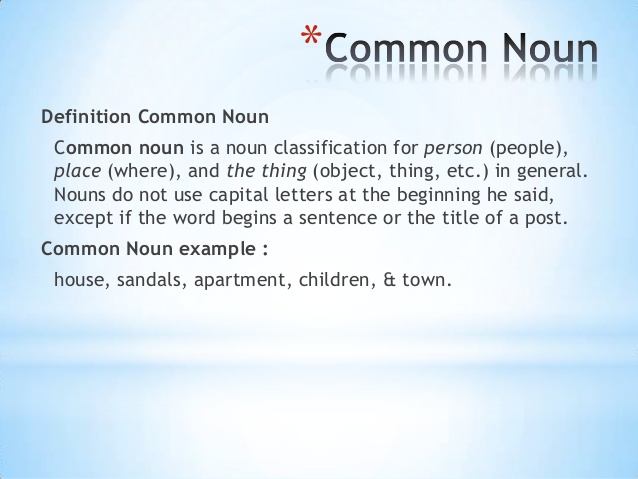
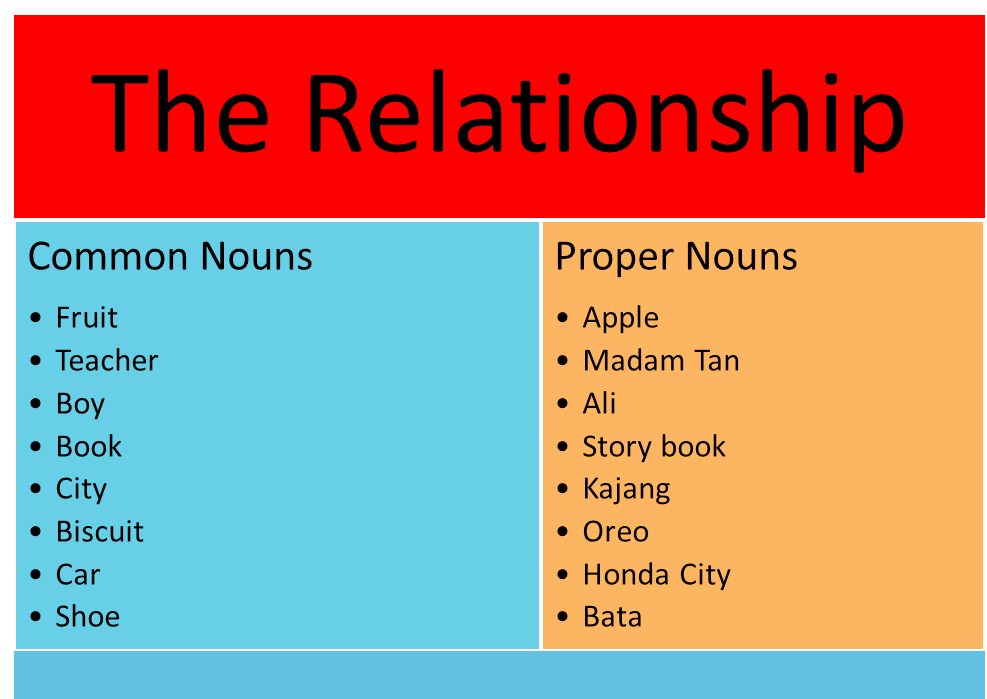 3. Concrete Nouns:
3. Concrete Nouns: These refer to materials, persons, objects, things or substances that have physical forms. They are tangible nouns e.g. car, spoon, fork etc.
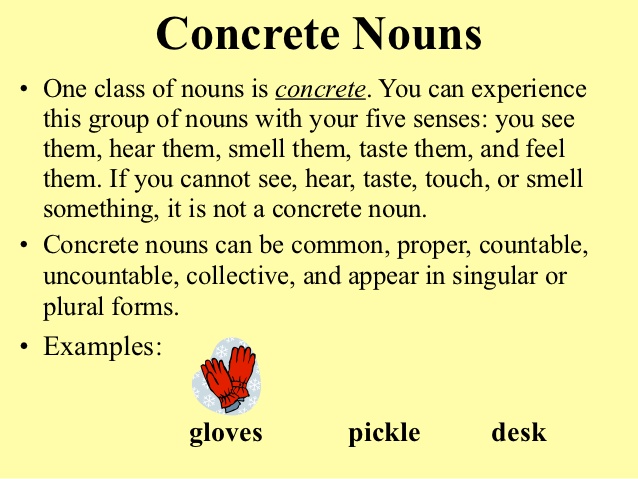 4. Abstract Nouns:
4. Abstract Nouns: These are names of entities that have no physical forms; that is, those nouns that are immaterial e.g. peace, hope, love, kindness, honesty, etc.
 5. Collective Nouns:
5. Collective Nouns: These are nouns that name or refer to groups or a collection of people, animals or things as unified entities e.g. audience, army, choir, team, committee, etc.
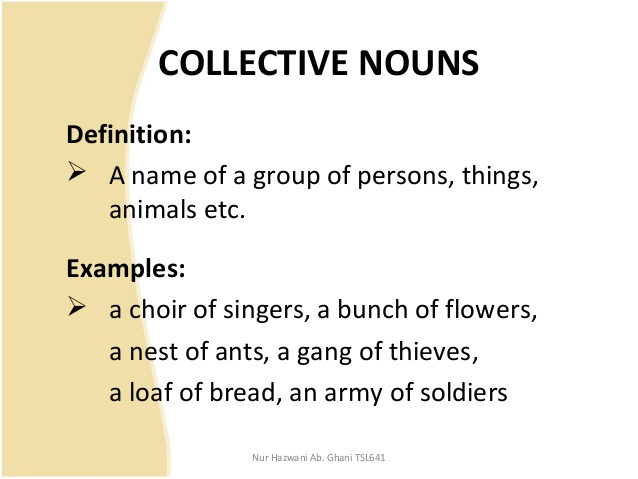
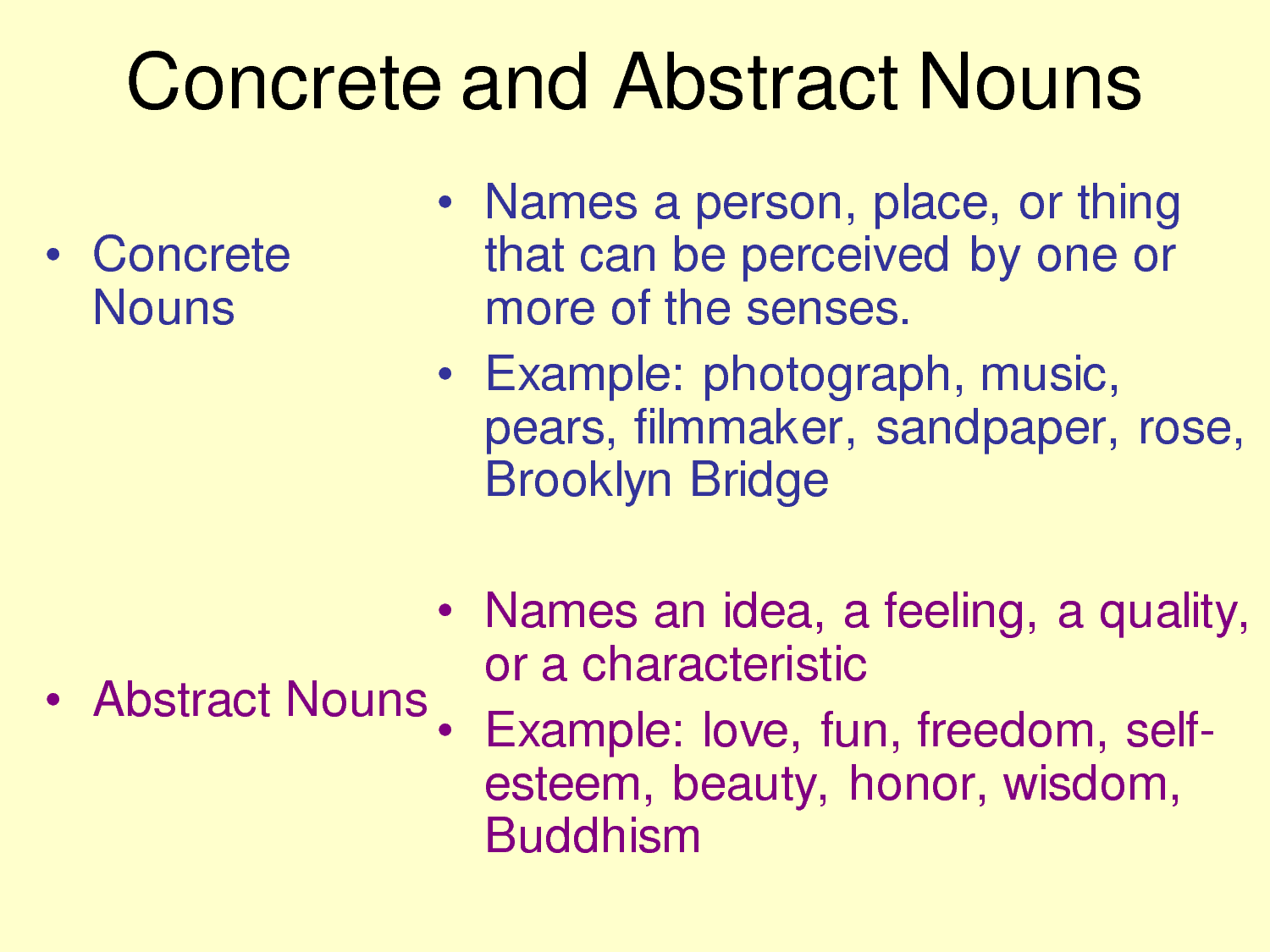
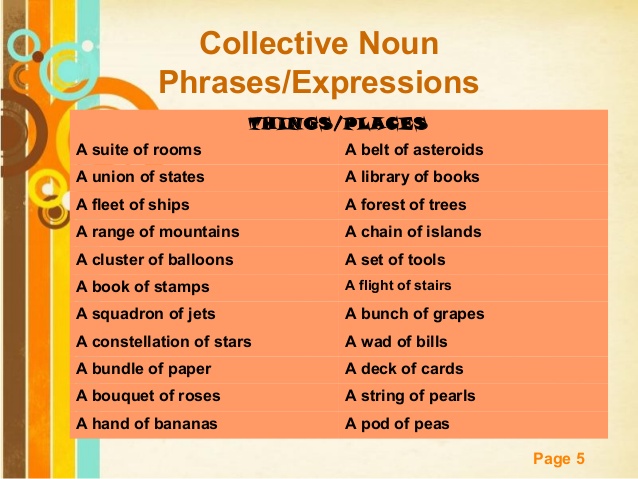
Functions of Nouns:
Generally, nouns perform five major functions:
1. Subject of a verb
John likes fish.
Yahaya swims in the pool always
2. Object of a verb
John kills
fishes every day.
The old man praised
Banjo.
3. Complement of a Subject
My name is
Tina.
Schools are
goldmines.
4. Complement of a preposition
I take great delight in
sports.
Naturally, all human beings sleep at
night.
5. Complement of an Object
We call the bad boy
Ogidi.
They crowned him
king.
EVALUATION:
i. What is a noun?
ii. Give three classes of noun with two examples each.
iii. State the two positions of noun with relevant examples.
ASSIGNMENT:
Underline the nouns in this passage.
Immediately after the evening meal, when the problems were over, my father bade his friends farewell and I went to sit under the verandah of his hut; I went and sat near him. I began by questioning him in a roundabout manner, as all children do, and on every subject under the sun. Finally, unable to restrain myself any longer, I asked:
“Father, what is that little snake that comes to visit you?”
Further Studies 1
Further Studies 2
LESSON 2
ASPECT: COMPREHENSION
TOPIC: Ngozi and Emeka
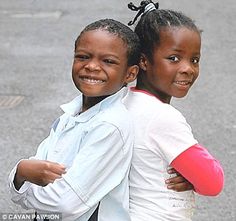
The passage narrates how Ngozi and Emeka (the twins) grew tall. They were sometimes taken to the town to see their aunt. Then, one day when the twins were nine years old, they went to live with their aunt in the town.
EVALUATION: Intensive English for Jss1, Exercise 1.2.2; pages 3-4.
ASSIGNMENT: Intensive English for Jss1 Exercises 1.2. 3 and 1.2.4; pages 4-5.

SUB-TOPIC: COMPREHENSION
TEXT: Intensive English for Senior Secondary School Book 1.Page 3
TITLE: The Death Of Ikemefuna Pages: 3-5
CLASS ACTIVITIES
The passage should be read carefully, before the students attempt the questions on it.
Further Studies 1
[youtube]
https://youtu.be/co9wzOxvXFE?list=PL5F007E11CFA22EB8[/youtube]
EVALUATION
Answer the questions on unit 1.2.3. page 5.
LESSON 3
ASPECT: Composition
TOPIC: Writing Outline
An outline is a statement of relevant points to the topic before the actual writing is done. It is wise to jot down the points, ideas and thoughts that could be developed to meet the goals of the writing exercise. Ideas and points come through thinking and brainstorming. The ideas jotted should then be arranged orderly following a logical pattern.
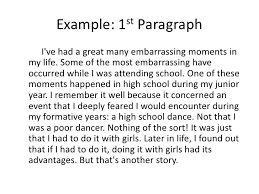
Illustration of an Outline Form for a Class Essay
Topic: My First Day in High School
Preparation for the journey.
Departure from home.
Events on the way to school.
Arrival at the registration point.
Activities at the registration centre.
Meeting of new friends in the hostel.
Orientation exercise for the new students.
Experience at the dining hall.
Mood at end of the day.
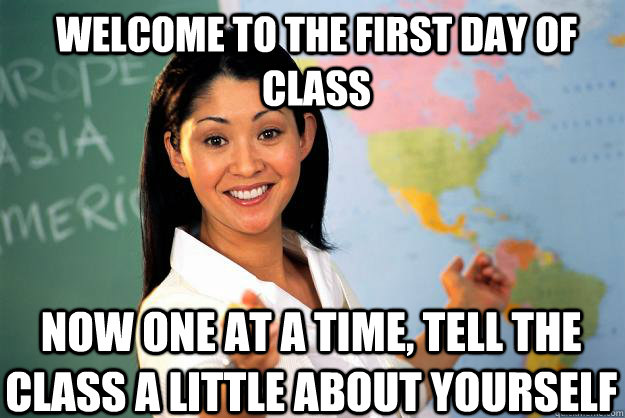
EVALUATION:
Write an outline on the topic ‘My Ideal School’
ASSIGNMENT:
Write an essay on the topic ‘My First Day in High School’. Your essay should not be less than 200 words.
LESSON 4
Literature:
TOPIC: Introduction to Literature (functions and purpose).
What is Literature? Literature is a mirror of life. Literature is a tool used to look at the ills of life and aim at correcting it. And that is why literature is a mirror of life.
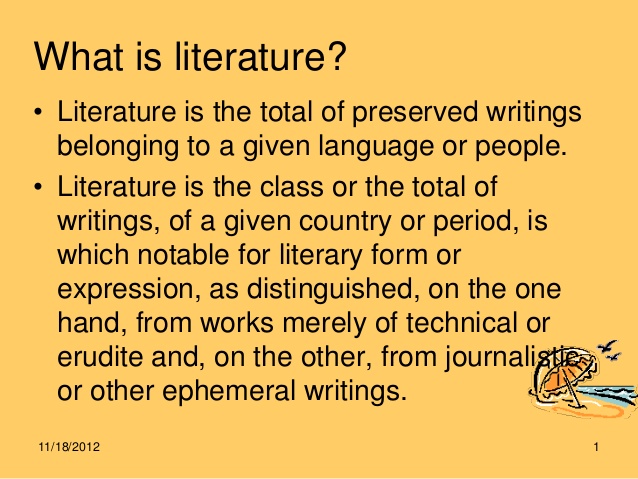 The functions of literature
The functions of literature
The following are some of the major functions of literature:
1. It is for entertainment. That is, the different types of literature such as prose, drama and poetry, entertains.
2. It educates, that is, it is a medium through which the author passes across his believe to the reader.
3. Literature is didactic. It teaches moral lessons through whichever form it takes(drama, poetry and prose).
The purposes of literature among many others are:
It is a vehicle for social change. Through literature, social vices can be corrected.
It is a means of acquiring more vocabularies.
It creates reading interest.
Literature provides guiding principles of life.
It serves as information base.
It describes reality of life.
It is a means of maintaining culture of the people.
READING ASSIGNMENT:
Vengeance by Ayo Olaosebikan, Act 1 scene 1,2 and 3
















